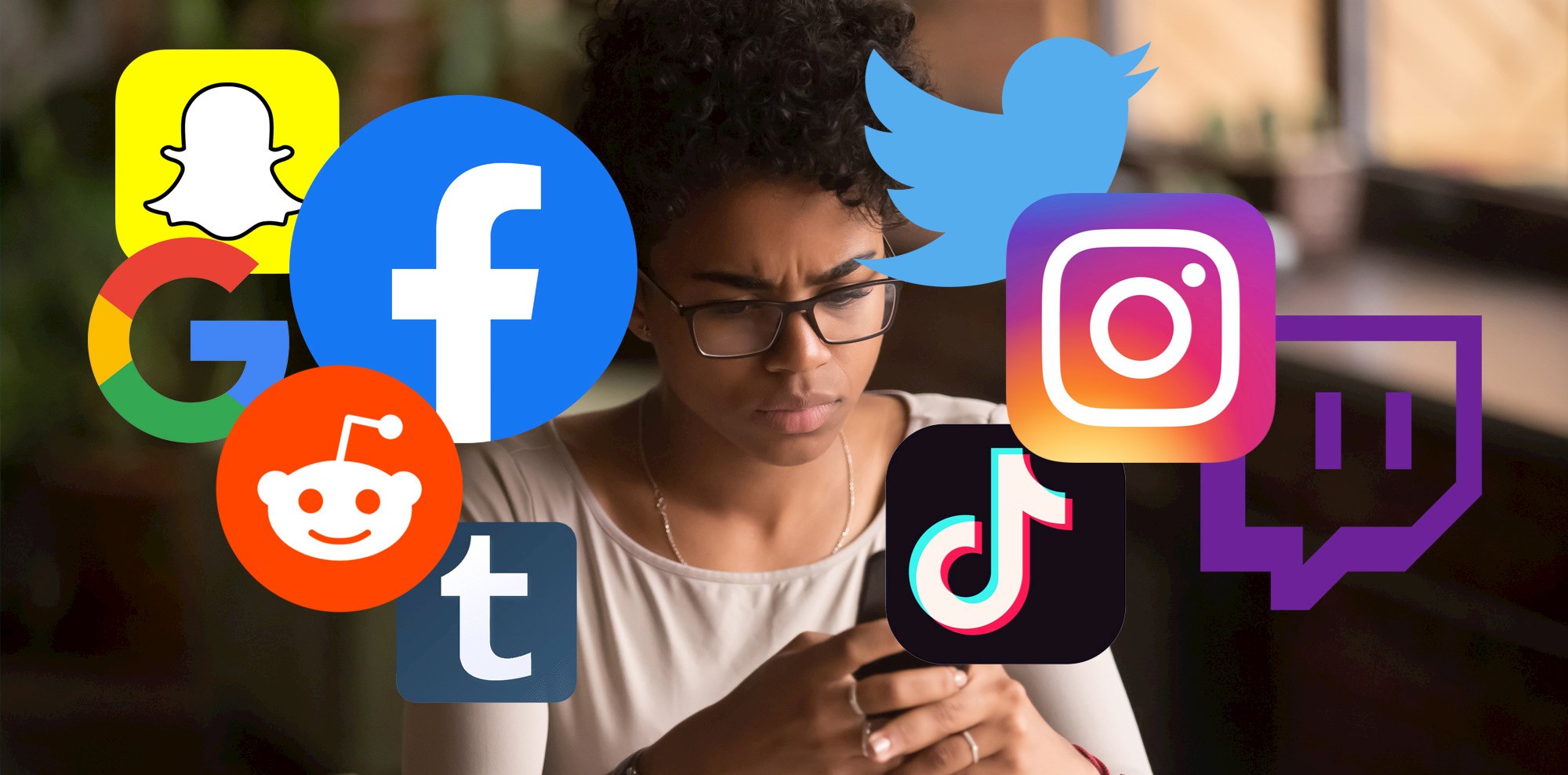
Polish your social profile
1/31/2023
Instagram. Reddit. Snapchat. TikTok. Tumblr. Twitch. Twitter. If you’re like most people, you spend a fair bit of time on some or maybe all of these social media platforms. You read, comment, and share posts and images, watch videos and upload your own, and in general, interact with all the other users out there.
And there’s nothing wrong with that, until you start applying to colleges or submitting your résumé to potential employers. That’s when all those virtual (and possibly questionable) exchanges can come back to hurt you in a very IRL way.
According to experts, one of the first steps hiring managers or admissions staff follow when considering whether they want to bring you on board is to conduct an online search for you. Everything is fair game: any social media accounts you had (even the ones you’ve forgotten about), everything you ever posted or commented on, and even comments others may have posted on your timeline.
And then there is how you portray yourself: your profile picture and description. The image of you partying with your pals may make you laugh, but is it really what people looking for a dependable and professional employee want to see? As for the embellished work or educational history you thought might seal the deal—don’t assume no one will check. They will. And if you’ve been less than honest, you’ll most likely not get the offer you wanted.
The truth is, your social media profiles can either help or hurt you in the job market or education application process. And if you think that making them private is enough, let’s face it: anyone can find out anything about anybody else if they want to badly enough and have the skills to do it, says business coach Leah Gervais in this post.
As for not having a social media presence, forget that idea, since the absence of info about you makes it look like you’re hiding something.
Given that 70% of employers check applicants’ social media profiles before making their decision while 43% companies use social media to see what their current employees are posting, according to zengig.com, you want to make sure that your online presence shows you in a positive and accurate light.
What to look for and how to find it
So how do you find the good, the bad and the ugly that’s out there about you?
The short answer is just to google yourself—either without being logged in to your Google account or by using the incognito mode. (You can do this on your Android or iPhone or your computer.) Search by using a combination of your name and the platform you’re checking—for example, “John Doe site:Twitter.com,” recommends makeuseof.com, to get more relevant results. You can also use Google’s image tab to see what pictures are tied to your name.
Check each platform for any questionable images, posts, or comments. And don’t just look at the past year or so of activity. Go all the way back. You’re bound to find cringe-worthy stuff that you have forgotten about.
Another area to check is the list of groups you belong to and evaluate whether they are a good fit for who you are now as well as how a prospective employer might view your affiliation.
Do the same with that ever-growing list of “friends” that you have accumulated. If their account is inactive, remove it, says makeuseof.com. The same goes for duplicate accounts for the same person—an indication that one of their accounts has been compromised by a hacker. If this is a real friend (meaning you have other ways to contact them), reach out to them directly for the correct account profile link.
Finally, review social media accounts on which you are no longer active and delete your profile entirely. This is also a good cybersecurity step, since if you’re not active on that account, you may not even know if you’ve been hacked. (Use JustDeleteMe to make the process easier.)
What to do to clean it up
If you’re really attached to the content you’ve created, consider downloading your history before you start housecleaning, using the links below for instructions.
For platforms not listed, try searching for “access my data” or “download my data” or similar terms for the steps. Or go to JustGetMyData.com for a directory of direct links to data-downloading instructions for a variety of web services.
Each platform has its own way of handling deletions. Some may require that you do each item individually, while others may allow you to do a cluster-and-clean. This post from Wired.com explains how to handle deletions for your Twitter, Facebook, and Instagram accounts. For other platforms, go to the Help section for information.
While deleting a few posts or images is no big deal, if you’ve been a heavy user of social media, it may take longer than you expected to find potentially embarrassing or even damaging info and get it out of the social sphere.
In that case, you may want to use a third-party app like Scrubber.Social (free to run the report), Jumbo (for Android and iOS), TweetDeleter, TweetDelete or Redact to do a faster search-and-destroy mission.
Once you’ve cleaned up your profiles, think twice before adding anything to them. Social media is more than just a way to keep in touch with people or post your latest activities. These days, it’s also a way that people (meaning admissions staff, employers and recruiters) get a sense of who you are—your brand, as it were, points out CNBC in this video. Make sure your profile creates a positive first impression. You may not get a second chance!